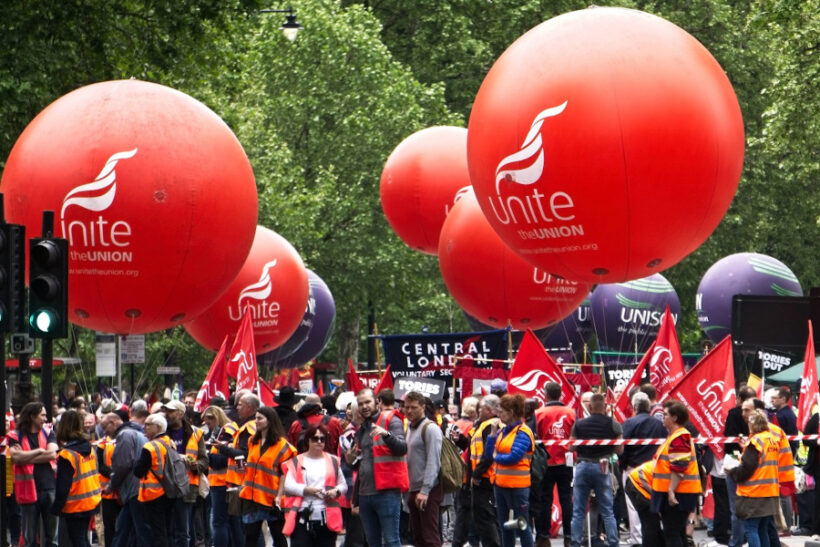13 JULY 2023 | NEWS
The Government is to accept the recommendations on a significant pay rise for public sector workers from pay review bodies, Prime Minister Rishi Sunak announced at a press conference today.
The pay rises are to be between 5% and 7%, with the highest end of the rise going to police officers and prison officers. Teachers are to receive 6.5%, with 6% for junior doctors.
Junior doctors had previously asked for a 35% pay rise, with the BMA medical union saying this was to take into account a stagnation in pay over the past decade.
It is typical for the Government to accept the recommendations made by pay review bodies, though it is not obliged to.
However, Professor Phil Banfield told The World at One: “We need to sit down and see whether this will allow us to go into negotiations. It could be a reasonable starting point for us to progress the dispute”, but he added that the Prime Minister’s statement today shows a “fundamental lack of understanding of the situation and the dire straits the health service has been in for many years”.
He continued: “I don’t believe that the Government is doing all that it can – what it has announced is going to pile the cost of this on to the very workers that are tasked with maintaining the public sector.”
But Mr Sunak told journalists that this pay offer from the Government was “final”, saying that no further negotiations would be entertained by Ministers at this time. He added that “no amount of strikes will change our decision” on the matter.
He described the offer as a “fair deal for workers and fair deal for British taxpayers”, but it comes amid news that junior doctors are now set to strike for a week from today, ending at 7am on Tuesday 18 July. More senior medics at Consultant level are being brought in to cover their roles in the meantime, although they themselves are presently also set for a two-day strike on 20 and 21 July.
The Prime Minister also announced that there would be no budget increases to fund the rise, telling Government departments to cover the difference by making savings elsewhere. This is anticipated to impact upon wider public sector pay and conditions, among other things.
In a Government e-mail sent to teaching staff today, announcing how the pay rises for teachers would be funded, Education Secretary Gillian Keegan said: “I know that there were previously concerns about affordability, so I want to reassure you that these pay awards are affordable and fully funded, nationally. To ensure this, we will provide schools with an additional £525m this year, and a further £900m in 2024-25.
“The Department calculates how much schools can afford on average, but of course I understand that some schools will face financial challenges, so we’ve set aside up to £40m further funding to support schools who face the greatest financial difficulty this year.”
Mary Bousted, the General Secretary of the National Education Union, has encouraged members to “bank” the pay offer, saying: “It’s the biggest pay award the independent review body has ever made and importantly we’ve secured guarantees on how it will be funded, which means frontline services will not be affected.”
But she added: “We will continue to campaign for teachers to gradually restore their pay to the levels they were at in 2010 … this is a good start … but we would never rule out strike action in the future.
“If members accept this deal, then the dispute we have currently with the Government on pay is over for this year. That’s the end of this dispute, yes.”
The Prime Minister also announced that the new pay arrangements would be partially funded by “significant” increases to visa fees for migrants coming to the UK, as well as the levy they pay for access to the NHS.
The Chief Secretary to the Treasury, John Glen, added that there would be cutbacks to Civil Service recruitment at the Ministry of Defence until March 2025, in order to fund the pay increase of 5% for members of the Armed Forces.
But the General Secretary of the Unite trade union, Sharon Graham, attacked the plans, saying: “By accepting the pay review body recommendations and then not funding them, the Government is putting its departments between a rock and a hard place.
“They now have to choose between paying workers a half-decent salary or cutting services in already under-funded public services. If the Government wanted to, it could well afford to pay public sector workers properly, while maintaining and indeed improving funding for schools and hospitals.
“It could start by looking at the money made by profiteering companies that have been driving up inflation.”
Responses from other major public sector trade unions are anticipated shortly.

























